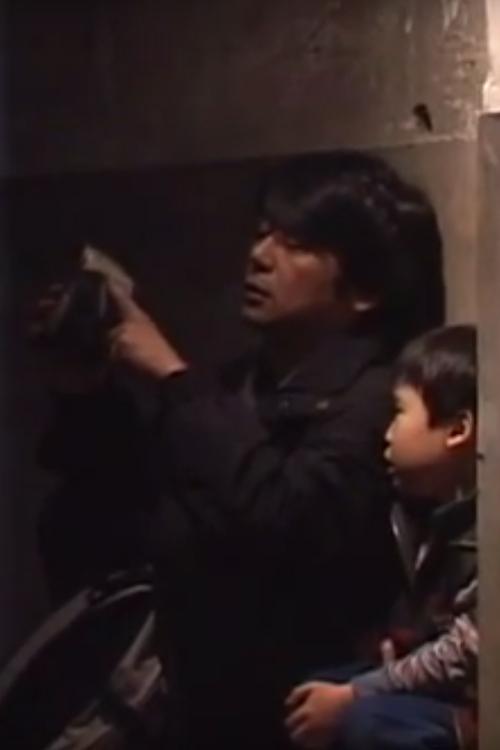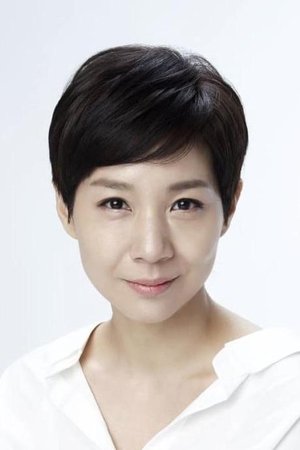A Letter from Hiroshima (2006)
-
Release08/07/2006
-
ProductionKirishima 1945
-
Rotten tomato0%
-
Original titleA Letter from Hiroshima
-
Original languageen
-
Production Cost
-
0.00-
Overview
A Letter from Hiroshima explores themes of apology and remembrance. Suwa sends a letter to a Korean actress (Kim Ho-jung) he has worked with in the past requesting her assistance to write and direct a film about Hiroshima. Ho-jung arrives at her hotel and is told to explore the city and wait for Suwa. Initially confused, Ho-Jung soon finds the city mesmerizing and spends days learning about the tragic bombing and the effects that are still felt in the city today. With sparse dialogue and just a handful of characters, Suwa uses black and white images of Hiroshima to convey the scope of the tragedy. In one particularly poignant moment, the voice of a mother is heard lamenting the fact that she had scolded her daughter the day of the bombing. We next see Ho-jung crying in her hotel room, ignoring the ringing phone.
-
Director
Currently available to stream, watch for free, rent, and buy in the United States. You can makes it easy to find out where you can legally watch your favorite movies & TV shows online.

